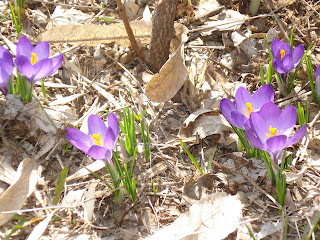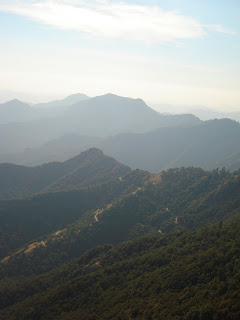CO2 Orgy
My daughter tells me that is the day to blog about Global warming and so I thought I would go back about 15 years to the first piece I ever wrote about global warming. Here are some excerpts. Imagine a man living his entire live in a modest and sober manner but then upon reaching the age of fifty suddenly going on a wild and extravagant week-long orgy. And further, in the course of that binge, he contracts a terrible, incurable disease and lives out the remainder of life suffering the consequences of that disease. This is the analogy Tim McKibben uses in his book The End of Nature to describe humankind's use of energy. For thousands of years prior to the Industrial Revolution our energy consumption was modest and the resulting production of carbon dioxide was also modest. But during the last two centuries we have engaged in an orgy of fossil fuel consumption, pumping carbon dioxide into the atmosphere at ever increasing rates. Now, says McKibben, we have changed nature to such an ...





